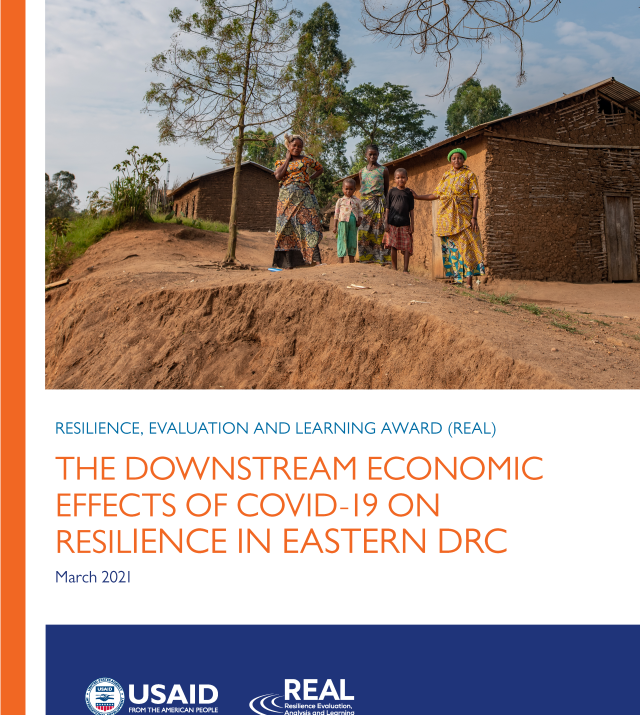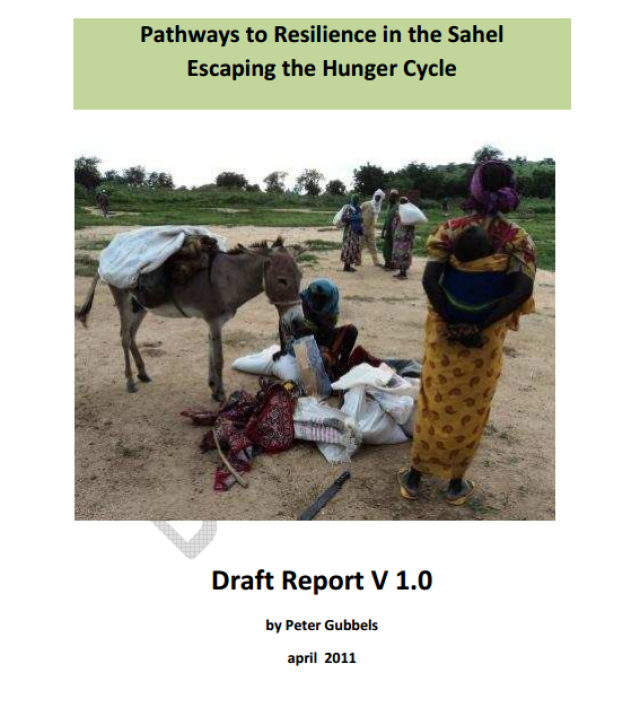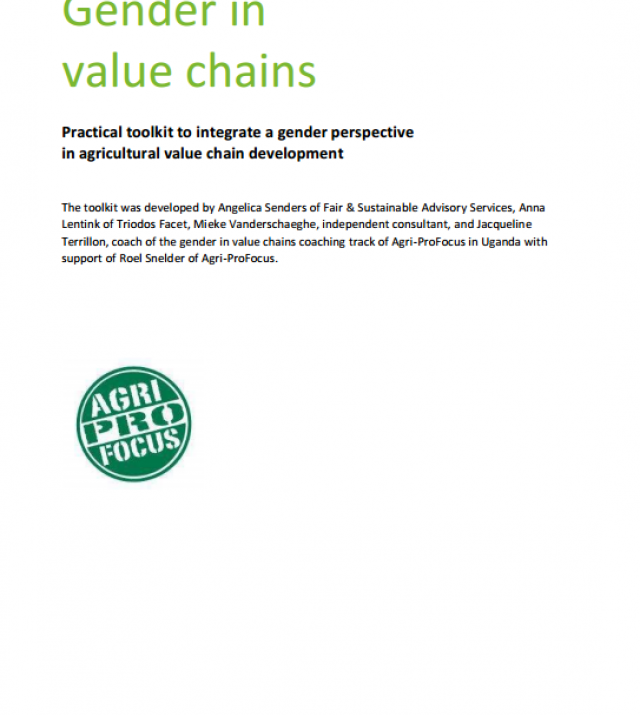
Achieving Food and Nutrition Security: Lessons Learned from the Integrated Food Security Programme (IFSP), Mulanje, Malawi

The Integrated Food Security Programme (IFSP) in Malawi was a complex, multisector activity that sought to improve food security and nutrition in one of the country’s most vulnerable, least-performing regions. Implemented by GTZ (now GIZ) on behalf of the Federal Ministry for Economic Cooperation and Development (BMZ) between 1996 and 2003 (with a 12-month extension supported by the European Union), the IFSP’s end-line evaluation reported that the intervention had achieved its objectives.
This report presents findings of a review of an Integrated Food Security Programme (IFSP) implemented by GTZ in Malawi, from 1997 through 2004. The review contributes to the ongoing international search for best practices in programming for food security. It is not an evaluation in the conventional sense, but a broader assessment of lessons learned.
The review concludes that the IFSP in Mulanje was successful in most of its aims. Not only were conclusions of the 2004 Final Evaluation Report confirmed, many of the gains identified then have been sustained. This represents an important “proof of concept” of this particular approach to integrated programming.

